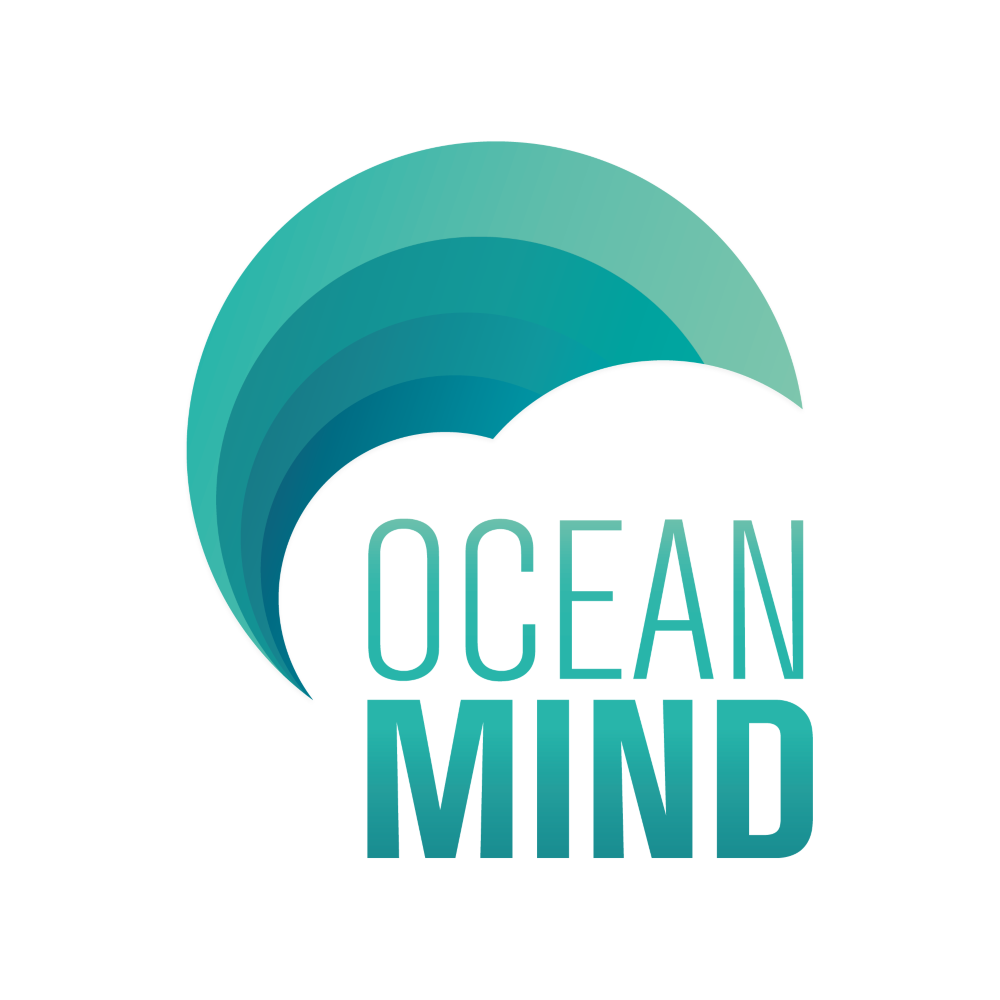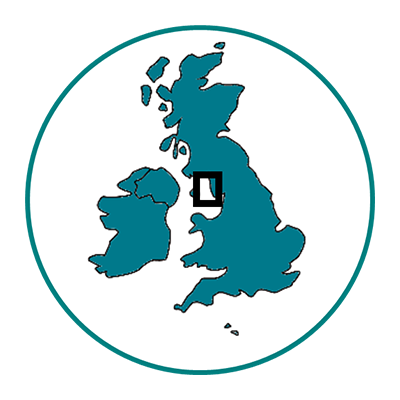
Advanced Technology to Protect UK Waters
Using satellites and drones to defend the
UK’s Marine Protected Areas
The UK Marine Protected Area (MPA) project is a collaboration between the Becht Foundation and OceanMind, working with the Marine Management Organisation and five Inshore Fisheries and Conservation Authorities around the UK. These important partners, who are responsible for MPA protection and enforcement, have been trialling a range of new Monitoring, Control and Surveillance (MCS) tools for use in UK waters. The partnership aims to provide protection and enforcement solutions that are cost effective, high impact and scalable, so that they can be rolled out to small and large MPAs around the globe. This is the first time these technologies have been combined to support enforcement in nearshore MPAs in the UK context.
Currently, there are 371 MPAs around the UK, which cover about 38% of UK waters. These MPAs are designed to protect plants, animals, and habitats which are important to developing coastal communities and improving the health of our ocean – the biggest carbon sink on the planet and vital for sustaining life on Earth.
Primary project goals included:
Create actionable insights and a blueprint to support the relevant competent authorities in their effective monitoring and enforcement of the UK MPA sites
To demonstrate cost effective, high impact, ‘deterrence through detection’ solutions that are scalable and can be applied to all MPAs around the globe
Inform policy makers and policy in the UK
MPAs in the UK are important for protecting biodiversity and improving fish stocks to support local fishing communities. But management and enforcement of the rules governing MPAs is very challenging and time consuming, with law-breaking taking place out of sight and out of reach.
Today, when the rules are agreed for each MPA, a lack of information makes it hard to know what has been happening and what ‘normal’ looks like. It’s then also difficult to enforce the rules, and see what’s happening in real-time.
But, through this project, IFCAs have been given the opportunity to trial a suite of advanced solutions, never used before by authorities in UK waters. We believe that by increasing the visibility of what’s happening for regulators, we can reduce or completely stop illegal behaviour.
Supported by funding from the Becht Foundation, OceanMind has combined information from drones, satellite radar, satellite images, and vessel tracking data including AIS, VMS and iVMS to get a richer picture of the activities taking place within the UK’s MPA network. In the past, these data sources have mostly been used to monitor large scale remote MPAs with a different threat profile to UK home waters. The information this data provides is so rich and useful that OceanMind has deployed an Artificial Intelligence solution to gain even deeper insights. The AI learns and recognises a range of different activities which are compared to the regulations for each area to detect wrongdoing.
The information collected can be used to provide powerful insights to regulators, and drive positive policy changes. It can also be used by enforcement authorities to help protect these important areas.
The Findings
Click on one of the MPA sites below to read about the project findings in each location:
Next Steps
This project has identified effective and affordable solutions to help IFCAs better look after the Marine Protected Areas in their care. It has demonstrated that remote sensing technologies and drones can be used effectively in this work, and provide a high-level of scrutiny and accuracy, analysing many sources of information. The work will feed into other initiatives such as the 30 by 30 which calls on world leaders to protect and safeguard 30% of the ocean by 2030 through a network of highly protected areas.
Contact us at info@oceanmind.global for more information relating to the project, its outcomes, or the applicability to MPAs around the world.
This project was funded and supported by the Becht Foundation.










